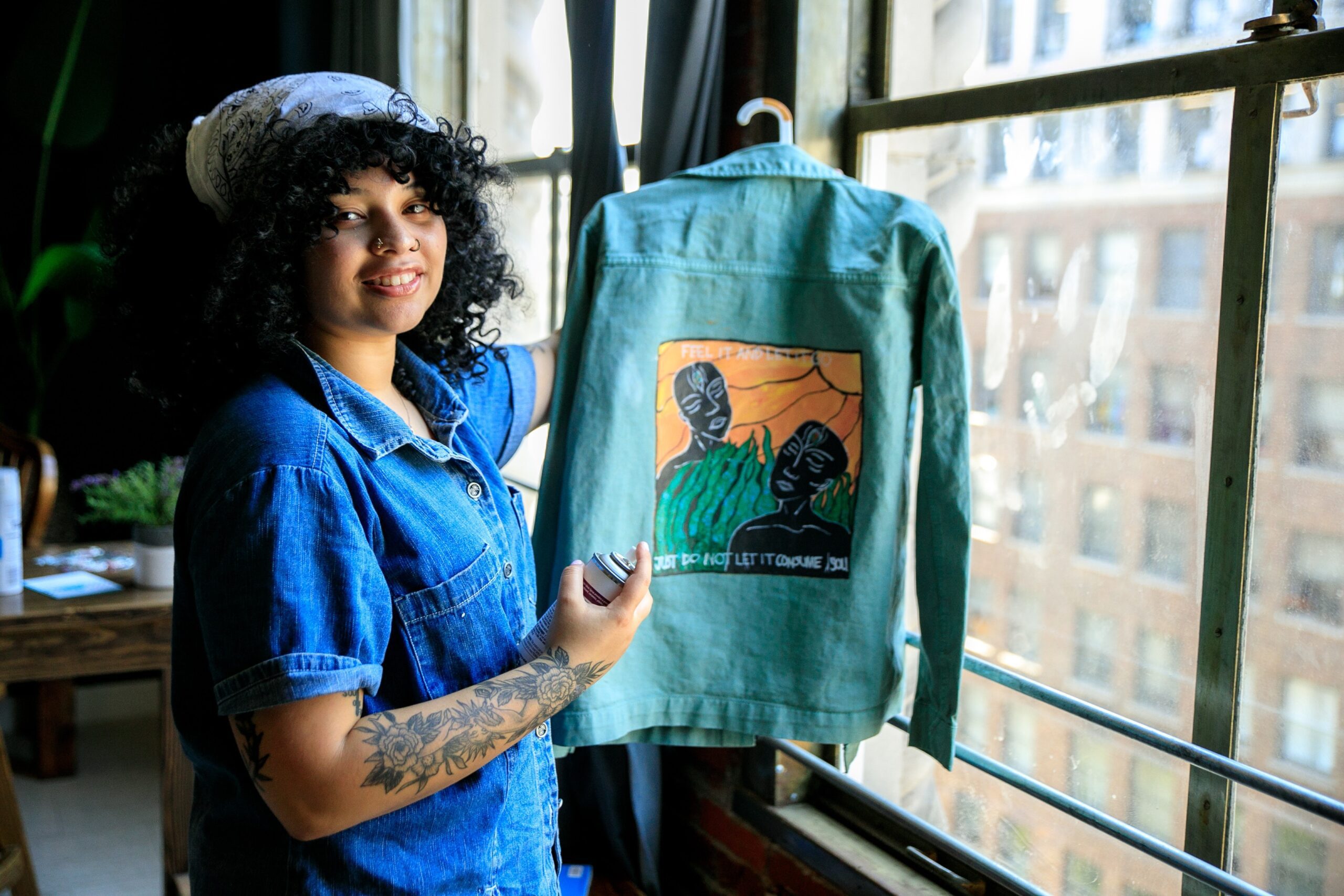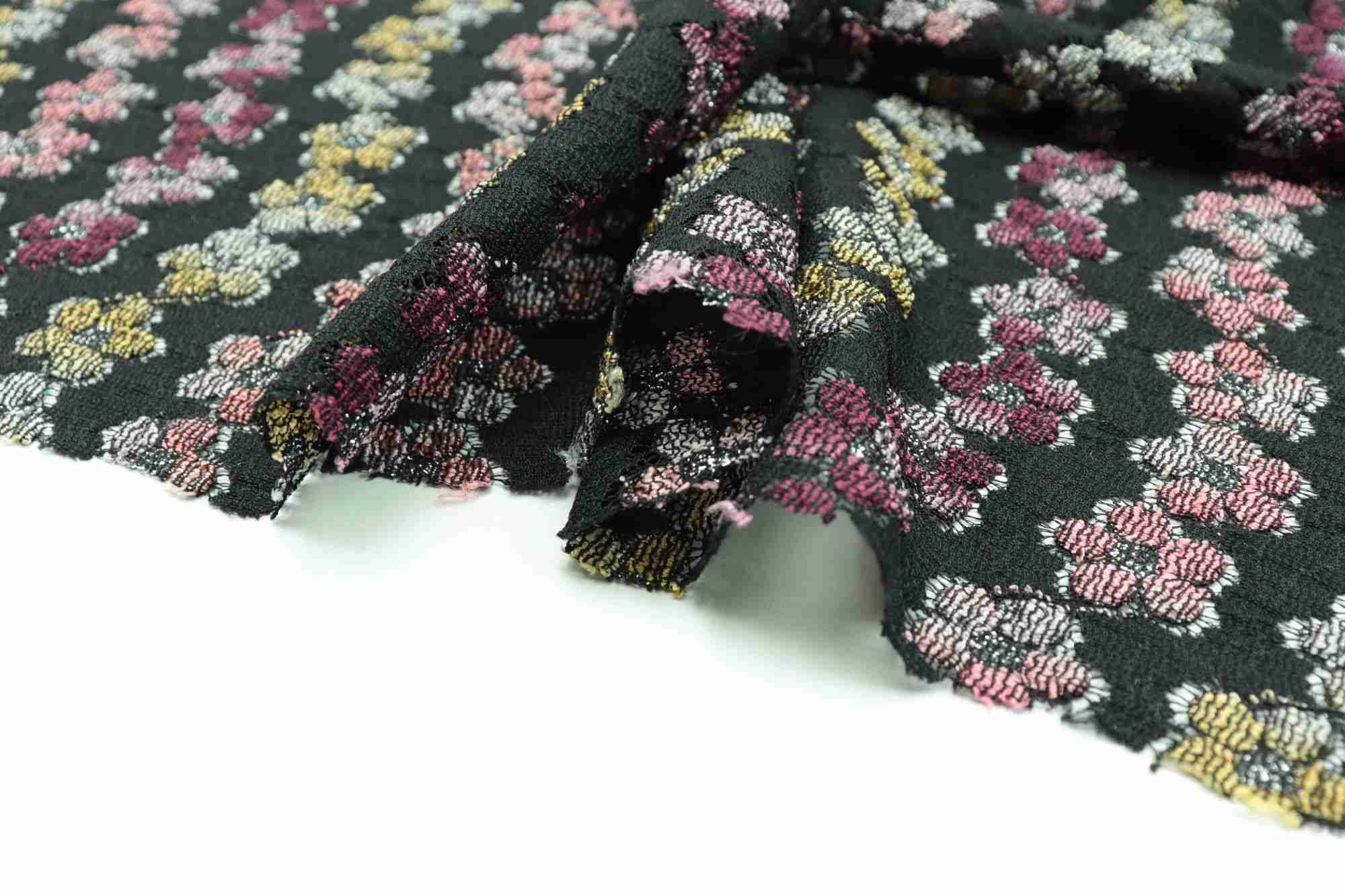In a world where environmental sustainability is increasingly important, adopting eco-friendly habits and practices can have a profound positive impact. This list of 100 practical ways provides a wealth of ideas on how to be more sustainable. From conserving energy and reducing waste to making eco-conscious choices in various aspects of your life, these suggestions can empower you to take meaningful steps towards a more sustainable and environmentally responsible lifestyle.
Want a copy of this list on how to be more sustainable? Subscribe to get it sent to your email, or read on below.
How to Be More Sustainable
- Compost Food Scraps: Set up a compost bin for kitchen waste.
- Fix Leaky Faucets: Repair dripping faucets to conserve water.
- Install LED Bulbs: Use energy-efficient LED lighting throughout your home.
- Unplug Chargers: Disconnect chargers and devices not in use to save electricity.
- Invest in Solar Panels: Install solar panels on your home for renewable energy.
- Use Public Transit Weekly: Commit to taking public transportation regularly.
- Carpool with Co-workers: Share rides to work with colleagues.
- Bike to the Grocery Store: Cycle to nearby stores for groceries.
- Start a Vegetable Garden: Grow your own vegetables in your backyard.
- Reuse Coffee Grounds: Repurpose coffee grounds as a natural scrub.
- Support Local Farmers Markets: Buy fresh produce from nearby markets.
- Eat Seasonal and Local Fruits: Choose locally grown, in-season fruits.
- Have a Meatless Day Each Week: Dedicate a day to plant-based meals.
- Choose Sustainable Seafood: Opt for sustainably caught or farmed fish.
- Use Reusable Shopping Bags: Bring your own reusable bags to the store.
- Go Paperless with Bills: Opt for digital billing and statements.
- Meal Plan to Minimize Waste: Plan meals to reduce food waste.
- Learn Basic Sewing: Mend clothes instead of discarding them.
- Shop Secondhand for Clothing: Buy pre-loved clothing from thrift stores.
- Support Eco-Friendly Brands: Choose companies with green practices.
- Create Homemade Cleaning Products: Make non-toxic cleaners at home.
- Program Thermostat: Set your thermostat for energy efficiency.
- Upgrade to Double-Pane Windows: Improve insulation and energy savings.
- Seal Window and Door Gaps: Prevent drafts with weather stripping.
- Insulate Attic and Walls: Enhance your home’s insulation.
- Install a Smart Thermostat: Optimize heating and cooling with automation.
- Install Low-Flow Showerheads: Reduce water use during showers.
- Time Your Showers: Use a timer to shorten your shower time.
- Use Motion-Sensor Lights: Install lights that activate when you enter a room.
- Turn Off Lights When Leaving a Room: Promote energy conservation.
- Use Ceiling Fans: Circulate air without relying on air conditioning.
- Wash Clothes in Cold Water: Save energy by using cold water for laundry.
- Line Dry Laundry: Air dry clothes to reduce electricity usage.
- Upgrade to ENERGY STAR Appliances: Choose energy-efficient appliances.
- Upcycle Old Furniture: Refurbish or repurpose old furniture.
- Invest in a Home Wind Turbine: Generate your own wind energy.
- Choose Products with Minimal Packaging: Reduce waste.
- Use a Safety Razor: Ditch disposable razors for a durable safety razor.
- Cloth Diapers for Babies: Reduce waste by using cloth diapers.
- Switch to a Menstrual Cup: Choose a reusable, eco-friendly option.
- Install a Bidet: Cut down on toilet paper use.
- Fix Leaky Pipes: Repair plumbing leaks to save water.
- Collect Rainwater for Gardening: Reuse rainwater for your garden.
- Opt Out of Junk Mail: Unsubscribe from unwanted mailings.
- Support Local Organic Farms: Purchase organic and local produce.
- Choose Quality Over Quantity: Invest in durable, long-lasting clothing.
- Mend Damaged Clothing: Sew up holes and tears in your clothes.
- Carry a Reusable Straw: Avoid single-use plastic straws.
- Drive with Proper Tire Pressure: Maintain tire pressure for better fuel efficiency.
- Combine Errands: Reduce the number of trips you take in your car.
- Dine Meatless on Weekdays: Reduce meat consumption during the week.
- Participate in Neighborhood Cleanups: Help keep your community clean.
- Use Video Conferencing Instead of Flying: Cut down on air travel.
- Purchase Carbon Offsets for Flights: Compensate for your flight emissions.
- Advocate for Renewable Energy Policies: Support clean energy legislation.
- Prepare Meals at Home: Cook your meals from scratch.
- Volunteer for an Environmental Nonprofit: Contribute your time to a cause.
- Choose Products with Minimal Wrapping: Buy items with less packaging.
- Use Cloth Napkins Daily: Replace disposable paper napkins.
- Recycle Electronics Responsibly: Take old electronics to recycling centers.
- Carry a Reusable Coffee Cup: Skip disposable coffee cups.
- Use Rechargeable Batteries: Avoid single-use batteries.
- Educate Others: Share knowledge and inspire others to be sustainable.
- Reduce Single-Use Plastic Containers: Carry a reusable lunchbox.
- Conserve Water in the Garden: Water plants in the early morning or late evening.
- Share Garden Tools with Neighbors: Collaborate and reduce waste.
- Choose Non-Toxic Cleaning Products: Use eco-friendly cleaning supplies.
- Support Sustainable Fishing: Opt for fish with sustainable catch methods.
- Reduce Screen Brightness: Save energy on your computer and phone.
- Recycle Old Magazines: Donate or recycle old magazines.
- Invest in a Programmable Sprinkler System: Water your lawn efficiently.
- Plant Native Trees and Shrubs: Enhance your garden with local flora.
- Use Reusable Baby Bottles: Choose glass or BPA-free plastic bottles.
- Avoid Disposable Diapers: Use cloth diapers for your baby.
- Purchase Secondhand Electronics: Buy refurbished or used gadgets.
- Support Sustainable Logging Practices: Choose wood from responsibly managed forests.
- Recycle Old Cell Phones: Take your old phones to e-waste collection centers.
- Reuse Glass Jars: Use glass containers for food storage.
- Support Renewable Energy Research: Invest in research and development.
- Reduce Chemical Lawn Treatments: Choose natural lawn care methods.
- Buy Less Plastic-Packaged Food: Opt for bulk foods.
- Repair Broken Tools: Fix broken tools instead of buying new ones.
- Choose Eco-Friendly Paint: Use low-VOC or non-toxic paint.
- Buy Secondhand Books: Purchase used books or use a library.
- Ride a Bike to Work: Commute by bicycle when possible.
- Use a Reusable Water Bottle: Carry a refillable bottle instead of buying bottled water.
- Support Sustainable Tourism: Choose destinations with eco-friendly practices.
- Cook with Solar Ovens: Utilize solar power for cooking.
- Repair Small Electronics: Fix minor issues in devices like headphones.
- Upcycle Glass Bottles: Turn glass bottles into creative decorations.
- Use Cloth Face Masks: Opt for washable cloth masks instead of disposable ones.
- Conserve Water While Washing Dishes: Fill a basin for washing rather than letting the tap run.
- Choose Recycled Paper Products: Purchase paper products with recycled content.
- Support Sustainable Transportation Initiatives: Back local public transportation projects.
- Cut Back on Screen Time: Reduce energy use from digital devices.
- Invest in Local Renewable Energy Co-ops: Support community-owned clean energy projects.
- Reuse Glass Jars for Storage: Store food or small items in glass containers.
- Buy Biodegradable Cleaning Supplies: Use cleaning products that break down naturally.
- Reduce Artificial Lighting: Take advantage of natural light during the day.
- Reduce Air Conditioning Use: Minimize A/C and use natural ventilation when possible.

Want to learn 983 more ways to be more sustainable?
For the first 1,083 subscribers: get a free copy of our book, 1,083 Ways to Be More Sustainable (coming soon in 2024), sent directly to your email address:




















